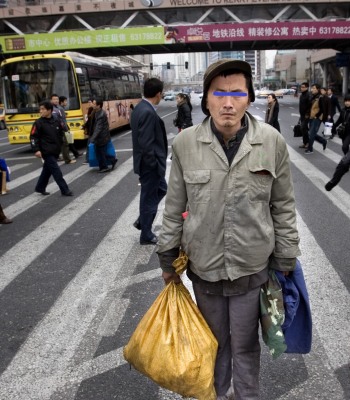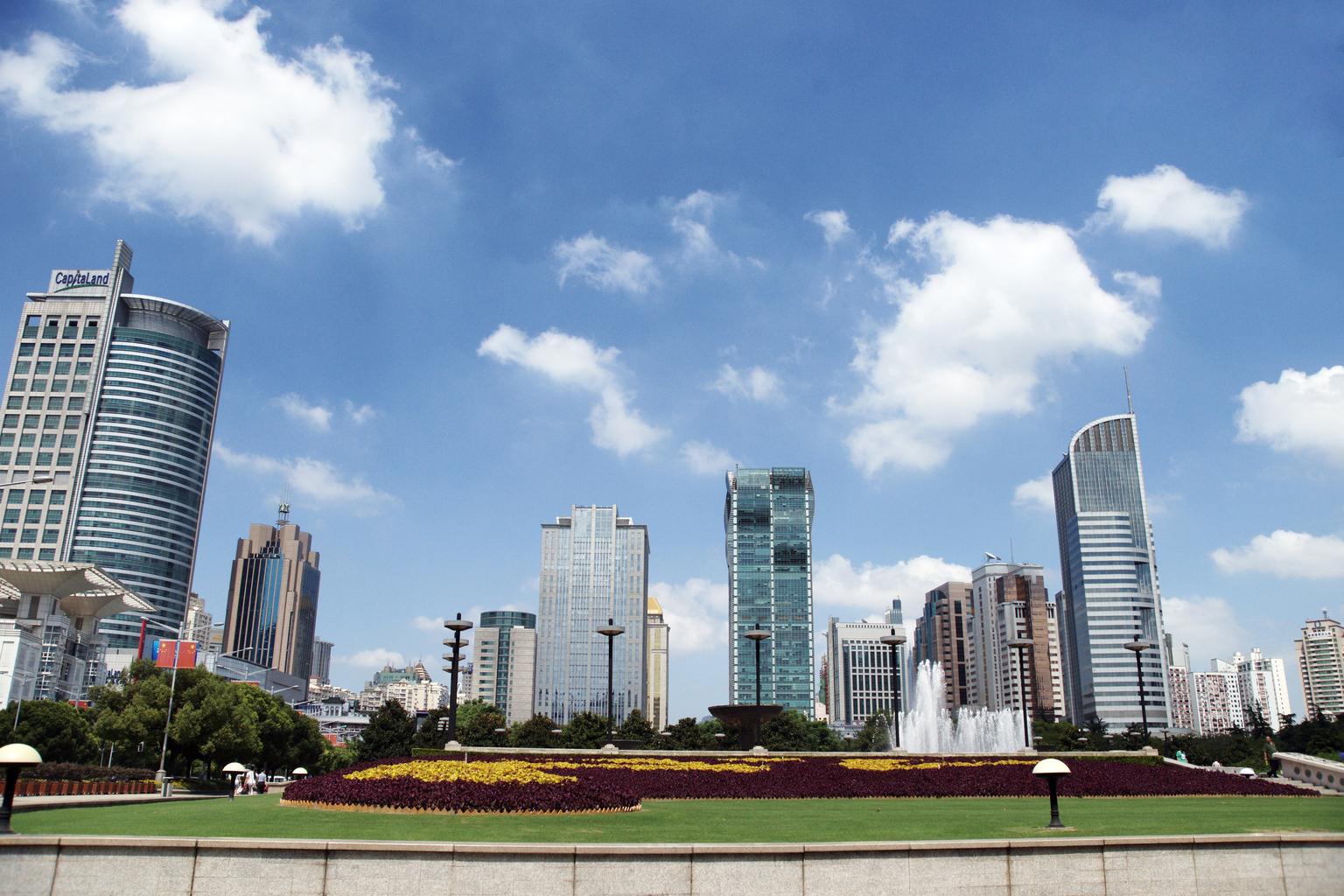China’s economic decline deepens as citizens reject government policies. The US, under Trump, may intensify its tough stance on China.
Moreover, the Republican Party already controls both the House and the Senate and wields great influence, making it easier for Trump to implement his tough China policy. In addition, the US economy has many problems (including a widening trade deficit and the US dollar’s precarious position in international trade), and if it continues to shift the blame for its crisis onto others, it will inevitably lash out elsewhere, with China being the first choice. It should also be noted that the EU and Western countries need to work together with the US to counter Chinese influence (for example, Chinese products such as electric cars and other trade surpluses are affecting the economies of Western countries). This can be seen in the recent intentional passage of warships from the UK, Germany, France and other countries through the Taiwan Strait. China’s domestic economic mismanagement and decline have put it at a disadvantage. China often says that various conflicts arise because the Western bloc, led by the United States, belittles and pressures China. In reality, China’s many internal conflicts and imbalances are the bigger cause, and the West is simply taking advantage of the situation. First, China’s economic policies in recent years have led to stagnation or even decline of the domestic economy. For example, there is the principle of “the state advances and the private sector retreats” (state-owned enterprises are given preferential treatment over private enterprises, increasing their market share). The government not only protects state-owned enterprises and expands and controls markets, but also targets large private companies, penalizes them, and restricts the development of their markets (“Targeting Leading Private Owners”). Jack Ma is a prime example. Authorities are concerned that private companies will become “well-funded and aggressive” and “rival the state,” which has led to tough policies even toward private small and medium-sized enterprises (such as raising the bar for loans). It was only in the past few years, with the private economy half dead, that policies were finally relaxed somewhat. These economic policies of the country have caused a rapid deterioration in the lives of the people, and in order to protect their livelihoods, the people no longer trust or follow the government’s policies, nor respond to policies that encourage an increase in the birth rate. Furthermore, policies to relax restrictions on real estate purchases in an effort to revitalize the real estate market have not produced any clear improvement (previously, uncontrolled construction of apartment buildings across the country disrupted the supply and demand balance, resulting in the emergence of many uninhabited “ghost towns,” a situation that continues to this day). What it means for foreign capital to flee China? In addition, while the government is encouraging consumption to stimulate domestic demand, the people are reluctant to consume recklessly (because the social security promised by the government has been tightened and public contributions have been frozen, making it difficult to receive them), which has instead led to an increase in the national savings rate. In 2020, before the COVID-19 pandemic began in earnest, the figure was 40%, but last year it rose to nearly 50%. More recently, China began to “reduce hardship” (ease many policies) at the beginning of this year, and in the middle of the year it also launched a “combination punch” (a comprehensive market rescue strategy) to revitalize the economy. However, looking at the recently released GDP figures for the first three quarters of this year, 24 of the 31 provinces and cities failed to meet their targets, and even Guangdong Province, which has the highest GDP in the country, only managed to increase by 3.4%. China has long relied on foreign investment and foreign trade as pillars of its economy, but both have faced challenges in recent years for self-inflicted reasons. For example, banks are reluctant to lend to small and medium-sized enterprises, which has led to a shrinking market, reduced export profits, and a wave of bankruptcies due to a lack of domestic demand. Changes in the fundamentals of the Chinese economy have significantly reduced opportunities for foreign investors to make profits. In addition, in recent years, China’s awareness of national security has grown without limit, and national security measures, which would not normally be a major issue between countries, have become an obstacle to foreign investment, causing a large-scale withdrawal of foreign companies. After Trump’s election, some foreign companies that had been waiting to see what would happen quickly decided to pull out, including Breville, a well-known Australian home appliance company known for its coffee machines. The message here is that investment companies expect the conflict between China and the United States to intensify, and that the imposition of additional tariffs by the United States on Chinese products will have a direct impact on companies that have invested in China. All these different developments may weaken China’s ability to retaliate against the United States. Translated by Okubo Kenryu Eisho (critic).

Assuming it’s fabricated and inflated, the GDP growth rate is up until 2011
It was about 10% up until then, but it’s clearly fallen since then
In other words, China’s peak was in 2011.
the savings rate is rising…
Do you still have woks and silverware?
I think the bank itself was fake.
Apparently, demand for gold and antiques is on the rise lol.
There were real counterfeit bills (duplicate issuance crimes).
I watch NHK’s BS World News and every day there’s only positive news about the economy. They were the main players at the G20, they held the world’s largest air show in China, and the Chinese landing ship and the China Aegis ship made a port call in Hong Kong and were warmly welcomed.
But actually…
I remember a Chinese person saying, “If I could go anywhere, I’d like to go to the world in the news.”
The military-related buzz is true. The economy is doing well there.
In short, the lives of the majority of the people are different from those of a dictatorial country where anything can be done.
Until a generation ago, the lives of the people were only getting better, but now that has completely collapsed and we are in a great depression (from the people’s point of view) with wage cuts, unpaid wages, and a rush of unemployment.
I wonder what happened, but that’s amazing.
>>18
I bet the demand for gold will increase…
Demand for gold will probably increase…
In anticipation of this, counterfeit gold production will also increase. The standard type of counterfeit gold is gold plated tungsten (which gives it roughly the same specific gravity as the real thing), but as counterfeiters are unable to keep up with the production of such genuine counterfeits, we will likely see an increase in the number of inferior products. For example, gold that is as light as aluminum, or gold that rusts like brass.
>it targets major private companies, imposes penalties, and restricts the development of that market.
The fate of a society without freedom, a country.
State control allows for some growth, but ultimately leads to failure.
It’s not about America, it’s about China’s self-destruction.
I had the impression they were losing everything to Chinese companies.
China is paying the price for all the dumping they’ve done.
After the bubble burst, the economy started to worsen and deflation started, and they couldn’t pay the labor costs, so there are a lot of riots.
Chugoku committed suicide before it reached the 80s Japan phase where its domestic companies overwhelmed the West.
The Chinese who work at such companies are like a very small number of heavenly beings lol
Korea is similar, but the percentage is on a whole different level.
The population is too large and most of the people are poor.
It’s not that Chinese companies are highly productive or have done great innovation, it’s just that they’re dumping on subsidies. China has also taken over the solar panel market with low prices, but those low prices have resulted in huge losses lol. The same goes for steel lol.
How can we help them?
If we do something wrong, Trump will be angry with us.
so even those that did achieve their targets may have been given a significant setback.
They put their assets into things.
So that kind of index is meaningless when it comes to measuring the wealth of a nation lol.
Young people, maybe?
Even before China overtook Japan’s GDP, Japanese people were complaining about poverty and restrictive living conditions.



Comments